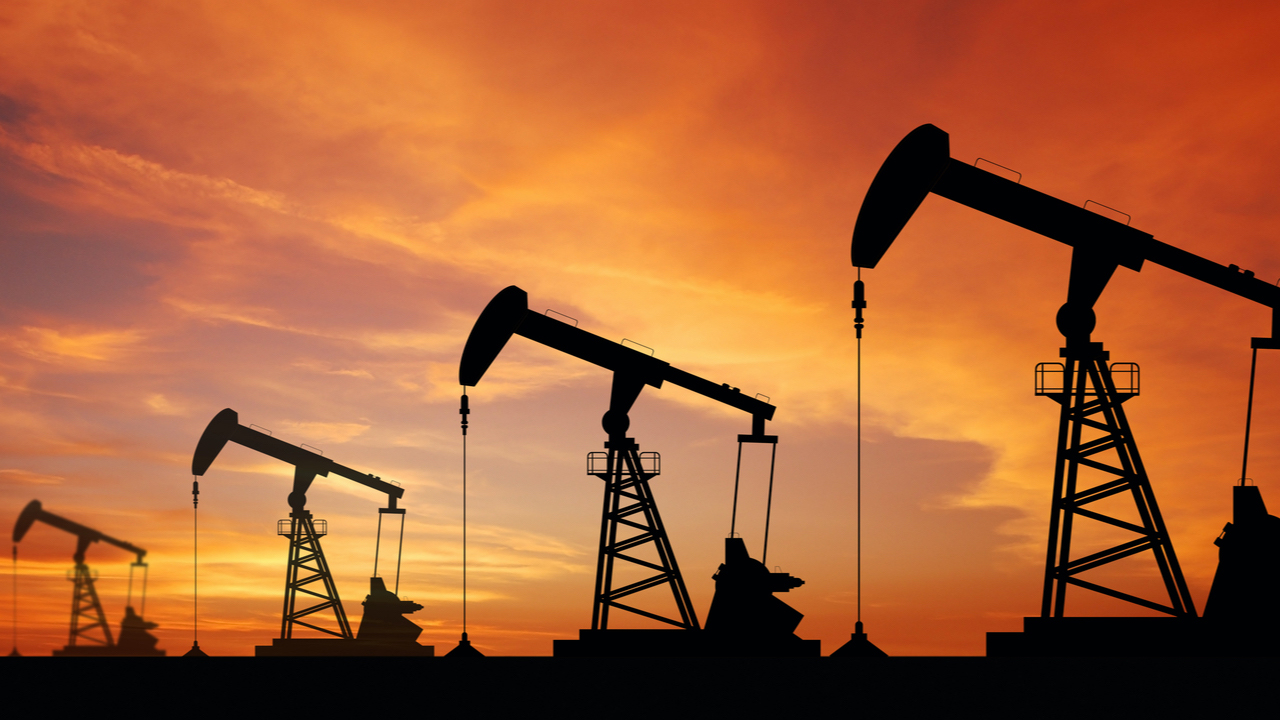Analysts Debate Economic Fallout Odds From Russia’s Invasion, Historian Says World May Face Worst Energy Crisis Since the 1970s


While Russia’s Ukraine invasion has been at the forefront of people’s minds, a global recession and the possibility of an energy crisis have been thrown into the conversation. Reports concerning the U.S. economy note that risks of an economic recession are climbing, and energy market historian Daniel Yergin thinks the current warfare in Ukraine could spark major energy issues like the 1970s oil crisis.
Top Economists Say Odds of Recession Are Rising, While Some Are Inclined to Believe Economic Fallout Will Be ‘Modest,’ Energy Disruptions Will Be ‘Limited and Temporary’
On Friday, USA Today author Paul Davidson explained in a report that the odds of a recession in 2022 “are rising amid soaring inflation.” Davidson detailed that “some top economists are raising the odds of a slump within the next year or so.”
The risk increased despite the strong jobs market in the U.S., as the USA Today author writes that energy prices are spiking and inflation has reached historic levels. On the other hand, Moody’s Analytics chief economist Mark Zandi explained on February 28, that in terms of the U.S. economy, the fallout from Russia’s invasion of Ukraine will likely be “modest.”
Zandi said the energy market disruptions will be “limited and temporary” and the economist further stressed, “it will be a different story for the Russian economy, which is set to take a massive hit.”
The Moody’s economist added, however, that if crude oil remains at $100 per barrel for a sustained amount of time, U.S. consumers will pay $80 billion more for gas. Lindsey Bell, Ally’s chief markets and money strategist, agrees with Zandi’s forecast and explained the “impact on the U.S. economy isn’t likely to be significant.”
Vice Chairman of IHS Markit: The Energy Crisis ‘Could Well Be on the Scale of the 1970s’
Not everyone is optimistic about the economy, and some believe the economic fallout may be more than modest and will affect everyone globally. A recent report from CNBC’s Patti Domm highlights that Daniel Yergin, the vice chairman of IHS Markit, believes the world could be headed toward an energy crisis similar to the energy crisis that took place in the 1970s.
In 1973 and 1979, the Yom Kippur War and Iranian Revolution were blamed for the 1970s energy shortages. Yergin, an energy market historian, told Domm during his interview that Russia exports 7.5 million barrels of crude oil a day, and other types of refined petroleum products.
“This is going to be a really big disruption in terms of logistics, and people are going to be scrambling for barrels,” Yergin said. “This is a supply crisis. It’s a logistics crisis. It’s a payment crisis, and this could well be on the scale of the 1970s.” The energy market historian and IHS Markit executive added:
This could be the worst crisis since the Arab oil embargo and the Iranian revolution in the 1970s.
Meanwhile, the head of petroleum analysis at Gasbuddy, Patrick De Haan, said on February 28 that gas prices in major U.S. cities will be $5 per gallon “in the next couple of weeks.” On Thursday, De Haan told his Twitter followers that the city of San Francisco tapped the $5 per gallon region.
“It’s been quite ugly as gas prices rise nationally, but nowhere has the pain been more significant than California, where prices have breached the $5-gallon mark,” De Haan told Fox Business reporters. Moreover, Gasbuddy’s petroleum analyst remarked to Fox that gas prices “will continue to head north,” and prices could hit $5.35 per gallon by the end of the month. Energy market historian and IHS Markit executive Yergin highlighted that the current events are unprecedented.
“What we haven’t seen before is the big reputational issue as well, companies not wanting to do business with Russia,” Yergin concluded in his interview published on Thursday. “Vladimir Putin in a week has destroyed what he spent 22 years building, an economy that was basically integrated with the global economy. Now what’s happened is Russia is unplugged from the global economy,” Yergin added.
What do you think about the rising risk of economic fallout due to the war in Europe? Do you think that the world could be on the brink of an energy crisis similar to the 1970s? Let us know what you think about this subject in the comments section below.


